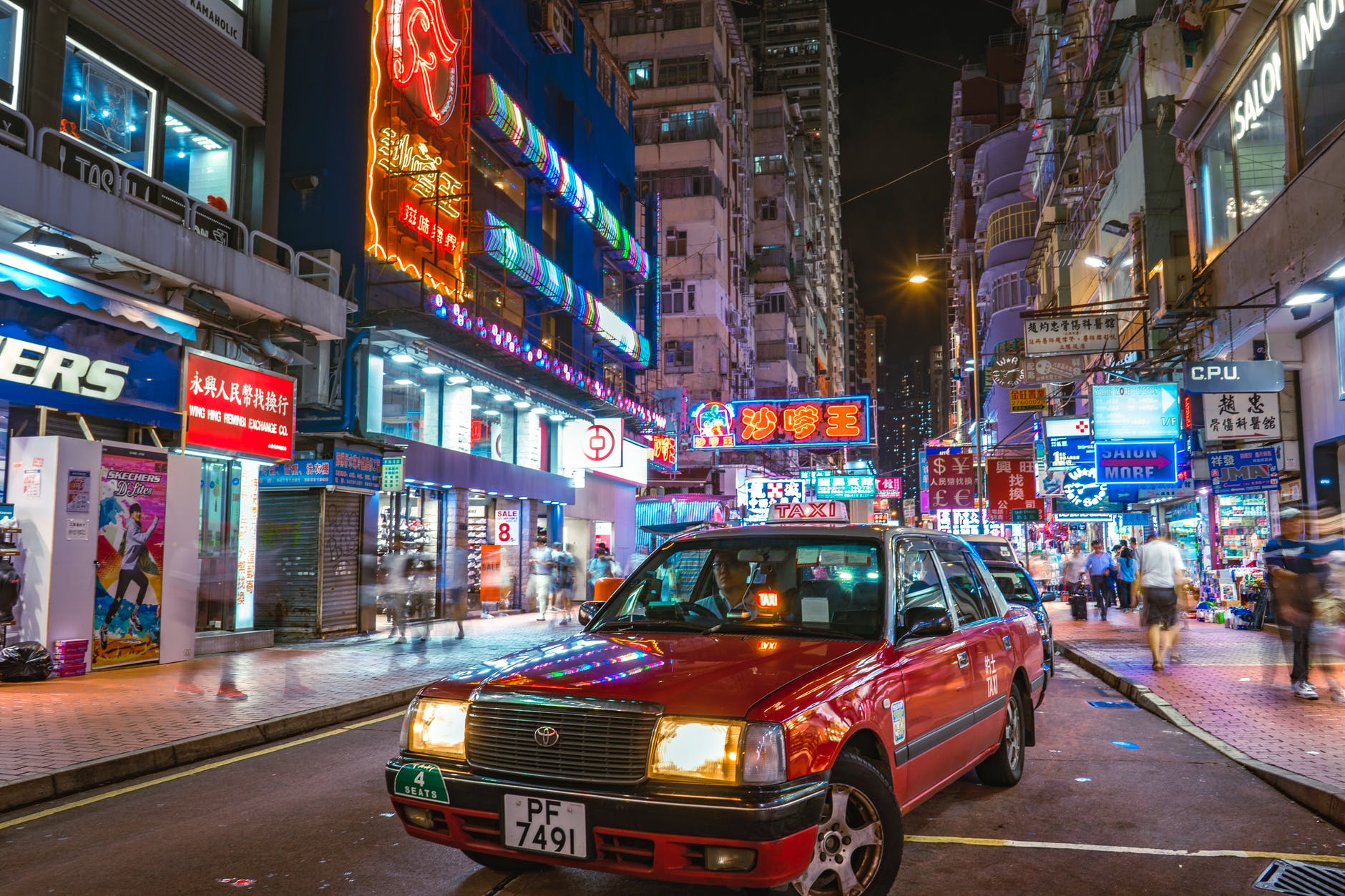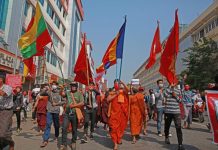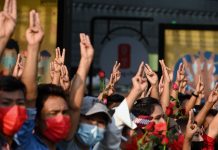
What happens if Hong Kong loses its special status with the US? Economists worry about Hong Kong's standing as an international financial hub.
Uncertainties may now be clouding Hong Kong’s special status with the US after Beijing approved a national security law for the special administrative region.
US Secretary of State Mike Pompeo told Congress that Hong Kong was no longer autonomous from China.
“No reasonable person can assert today that Hong Kong maintains a high degree of autonomy from China, given facts on the ground,” Pompeo said in a statement.
“Hong Kong and its dynamic, enterprising, and free people have flourished for decades as a bastion of liberty, and this decision gives me no pleasure. But sound policy making requires a recognition of reality,” Pompeo said. “While the United States once hoped that free and prosperous Hong Kong would provide a model for authoritarian China, it is now clear that China is modeling Hong Kong after itself.”
Impact on US-Hong Kong trade
To date, Hong Kong remains exempted from the tariffs on exports to the US that President Donald Trump’s administration imposed on China as part of their multiyear trade war.
Once tariffs were imposed on Hong Kong, its trade with the US may suffer.
According to the Office of the US Trade Representative (USTR), the US maintains a good financial relationship with Hong Kong. Trade in goods and services between the two countries amounted to over $66 billion in 2018.
Hong Kong remained among the largest markets of the US for its wine exports, beef, and agriculture products in 2018, according to the city’s trade and industry department.
“A greater risk is that loss of special status leads the US to restrict sales of sensitive technologies to Hong Kong firms,” said Mark Williams, chief Asia economist at Capital Economics, in a note released on Thursday morning.
USTR noted that machinery and plastics are the major goods imported from Hong Kong.
“Knowledge-intensive products from the US only make up around 5% of Hong Kong’s total imports. But restricting the ability of Hong Kong-based firms to source sensitive products would remove one of Hong Kong’s distinct advantages as a business location relative to mainland China,” he wrote.
US companies in Hong Kong
In addition, there are more than 1,300 US companies doing business in the special administrative region, according to the State Department.
The US could remove some of Hong Kong’s privileges, according to Natasha Kassam, a research fellow at Australian think tank the Lowy Institute. In her interview on CNBC, she noted that such an action was the “nuclear option.”
“Recent surveys by the American Chamber of Commerce show that US firms already plan to scale back their investments in the city,” according to Capital Economics. “Much of Hong Kong’s success is based on its ability to attract FDI and enjoy the productivity dividends that come from hosting internationally-competitive firms.”
Meanwhile, the US Chamber of Commerce pointed out that Hong Kong’s autonomy under the “one country, two systems” principle has “long been among its greatest assets” in managing a transparent, rules-based economy.
“It would be a serious mistake on many levels to jeopardize Hong Kong’s special status, which is fundamental to its role as an attractive investment destination and international financial hub,” it wrote.
Visa-free travel to Hong Kong
US citizens can also enter Hong Kong without visa. Analysts believe that this policy may be reversed.
“Pompeo’s decision open(s) the door for possible tariffs on imports from Hong Kong, visa restrictions or asset freezes for top officials. China has previously warned it would retaliate if the US interfered in its affairs,” Rodrigo Catril of National Australia Bank wrote in a note on Thursday morning.






